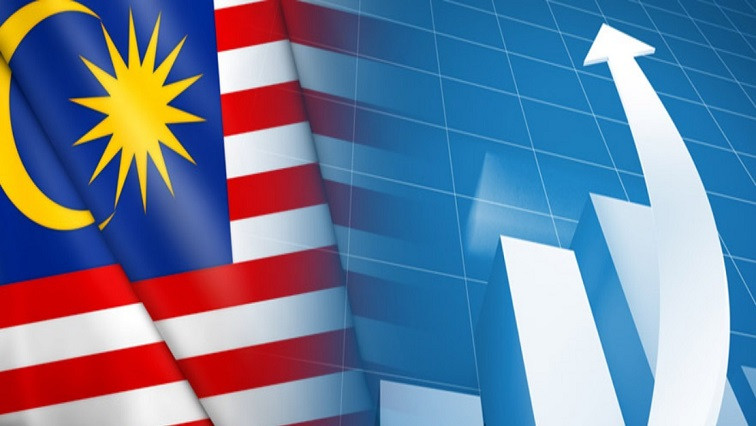He said that it was in line with the Industrial Revolution 4.0 (IR 4.0) especially in fields such as smart agriculture, renewable energy, halal industry and medical technology.
"The development of nanotechnology products such as vaccines, cancer therapy drugs, medical devices, technological sensors, nano fertilisers, biomass, solar panels as well as sweeteners and flavourings in halal products which are in much demand in the global market will boost the country's economy," he said in a statement here today.
He said the National Nano Technology and Products Roadmap would also provide many socio-economic benefits to the country, including creating 33,391 jobs within five years.
He said the job opportunities encompassed 5,968 highly skilled workers, semi-skilled (24,755) and 2,668 unskilled workers, and that the nanotechnology industry was expected to contribute RM151.5 billion to the Gross Domestic Product (GDP) within five years.
Apart from that, the prime minister said the meeting also discussed the supply of human capital and job market in the Science, Technology, Engineering and Mathematics (STEM) sector which needed a comprehensive solution to enhance the country's science, technology and innovation (STI) competitiveness.
For that, he said the government took seriously the number of students in STEM which was currently at 47 per cent and pure sciences at 19 per cent.
"Students' interest in STEM needs to be enhanced and the Ministry of Education (MOE) has been instructed to lead the STEM Roadmap," he said.
The meeting also touched on the importance of highlighting STI at the community level through Malaysian Social Innovation (MyIS), which is an initiative under the Ministry of Science, Technology and Innovation (MOSTI).
Ismail Sabri said the initiative was a good step in empowering innovation at the grassroots level as well as able to shift inclusive economic distribution to all income levels, especially the B40 (lower income) and M40 (middle income) groups by focusing on the application of local technology.
"The government through the establishment of the National Technology and Innovation Sandbox Initiative (NTIS) has also intensified the commercialisation of local innovation products centered on the country's socio -economic sustainability," he said.
The prime minister said the meeting also agreed to improve the governance structure of the NTIS initiative with the NTIS Task Force Committee renamed as the NTIS Steering Committee.
In addition, the NTIS Council was also abolished and replaced with reporting henceforth to the NSC which was made a permanent agenda in NSC meetings to reduce duplication with the existing council as the NSC is also chaired by the Prime Minister while the newly created NTIS Task Force Committee will be chaired by the MOSTI Secretary-General.
Ismail Sabri added that the NSC meeting also took note of the link between human health and nature, biodiversity and climate change.
“The COVID-19 pandemic, which is one of the zoonotic diseases, has caused 6.11 million deaths in the world and there are others such as dengue and zika that are also caused by the increasingly endangered status of natural conditions.
"To ensure Malaysia is one step ahead in addressing this issue holistically, the meeting also agreed that MOSTI through the Academy of Sciences Malaysia (ASM) with the cooperation of all stakeholders formulate the National Planet Health Action Plan (PTKPN)," he said.
Ismail Sabri also said that the NSC meeting, the first held this year, further discussed various government efforts to popularise the field of STI as an enabler for the socio-economic stabilisation of the country.
He said it was based on the three main thrusts of the Keluarga Malaysia (the Malaysian Family), namely inclusion, togetherness and gratitude in line with the 12th Malaysia Plan (12MP).
Read the original article on Malaysian National News Agency (BERNAMA).


